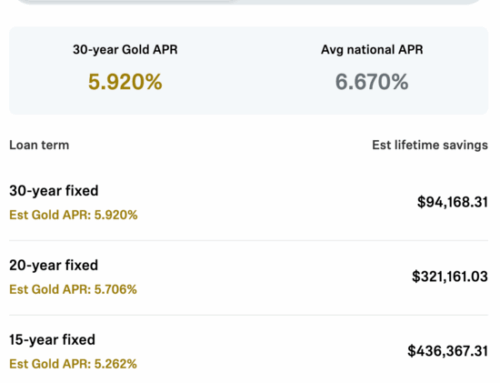A lawsuit over Wells Fargo’s rate lock extension fees that seeks “billions of dollars” in damages can move forward against the bank’s pleadings, a federal judge has ruled.
The order Wednesday by U.S. District Judge Haywood S. Gilliam Jr. dismissed just one of three claims against the lender in the lawsuit filed last summer. Plaintiff Anthony Morris, a real estate agent and Wells mortgage customer, says the company wrongly obtained millions of dollars in RLEFs from borrowers, including himself, and subsequently generated billions of dollars in profit over a long period.
The loan agreement at the center of the complaint raises questions about Morris’ ability to prove his case, Gilliam wrote. However, the judge said he couldn’t dismiss the case at this stage because the agreement is “reasonably subject to dispute.”
Wells earlier this year also challenged Morris’ damages estimate, suggesting that the plaintiff had to allege how they would be determined. Gilliam found Morris had met his burden in alleging he could identify the sum, and said that question was better reserved for a summary judgment argument.
Christopher Ayers of Seeger Weiss LLP, an attorney for Morris, said his side was pleased with the ruling.
“Wells Fargo systematically and illegally charged customers rate lock extension fees by falsely blaming them for delays in the loan process,” said Ayers in a statement.
A representative for the bank didn’t return a request for comment by publication. A case management hearing in a California federal court is scheduled for January 15.
The claims stem from Morris’ application for a Federal Housing Administration-backed 203(k) refinance with Wells in 2005. After being approved, he decided in June to lock in his rate, according to court filings. The depository allegedly told Morris he needed additional documentation on the eve of the RLEF’s expiration, and Morris later paid the $4,087.13 fee over what he thought was his own error.
Morris says he received a letter from the lender “within the last two years” with a refund check for the RLEF. At issue is whether Wells Fargo knowingly charged Morris an RLEF in 2005 despite it being responsible for his mortgage closing’s delay, and making a profit from that fee over the past 18 years.
The lawsuit cites a former Wells employee-whistleblower who alleged a scheme by the lender to shift the cost of RLEFs onto borrowers instead of the bank, resulting in the millions of dollars paid and alleged billions of dollars of company profit.
Morris is seeking to certify a class of all Wells customers who closed a mortgage and were sent RLEF refunds, although the number of potential class members isn’t specified.
It’s not the first time the San Francisco megabank has faced scrutiny over RLEFs. The lawsuit references the company’s admission in 2017 that it didn’t consistently apply its fee policies for borrowers between 2013 and 2017, resulting in $98 million refunds for 110,000 customers.
Wednesday’s order is the second loss the lender has suffered in federal court this month, after a judge allowed an ex-Wells employee to testify in an unrelated mortgage discrimination case. Plaintiffs in that lawsuit are seeking to certify a class of 119,100 borrowers who were allegedly wrongfully denied the chance to refi during the recent period of ultra-low rates.

